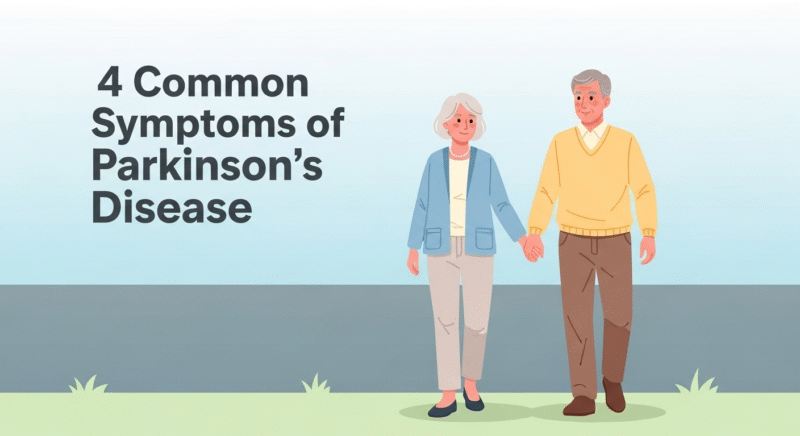Understanding Dandruff
Dandruff is a common scalp condition that impacts millions of people around the world. Understanding its causes can help you address it more effectively. If you’re frustrated by those annoying white flakes affecting your confidence, you are not alone. Dandruff is often misunderstood, and its development can be linked to various factors, such as dry skin or fungal infections. However, the positive aspect is that it can be managed with the right strategies.
In this section, we’ll break down the basics of dandruff—its causes and its symptoms. By understanding what’s happening on your scalp, you’ll be better equipped to choose the most effective solutions. Let’s dive into the details and uncover the truth behind those stubborn flakes.
Understanding Dandruff: What it is and What Causes it
Before diving into natural remedies, it’s important to understand what causes dandruff and why it occurs. Dandruff is the shedding of dead skin cells from the scalp. It can happen for various reasons, including:
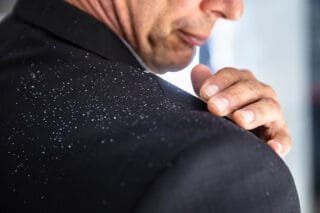
Common Causes of Dandruff
- Dry Scalp: When your scalp loses moisture, it can lead to flakiness.
- Oily Skin: Excess oil can cause dead skin cells to clump together and form flakes.
- Fungal Infection: A fungus called Malassezia can irritate your scalp, leading to dandruff.
- Skin Conditions: Conditions like eczema or psoriasis can cause dandruff-like flakes.
- Hair Products: Some shampoos, conditioners, or styling products can irritate the scalp and trigger dandruff.
- Stress: Stress can worsen dandruff by affecting your scalp’s health.
Natural Remedies to Reduce Dandruff
Let’s look at some natural remedies that can help reduce dandruff and promote a healthy scalp.
1. Coconut Oil for Moisturizing and Fungal Control
Coconut oil is widely known for its moisturizing properties and ability to fight fungal infections. It contains lauric acid, which has antifungal and antimicrobial properties. Massaging warm coconut oil into the scalp can help moisturize dry skin and reduce dandruff caused by fungal infections.
How to use:
- Warm a small amount of coconut oil and gently massage it into your scalp.
- Leave it on for at least 30 minutes or overnight for better results.
- Wash your hair with a gentle shampoo.
2. Tea Tree Oil as a Natural Antifungal
Tea tree oil is one of the most effective natural remedies for dandruff. It has antifungal and antibacterial properties that help combat the Malassezia fungus, which is often responsible for dandruff. Tea tree oil also soothes irritation and reduces itching.
How to use:
- Add a few drops of tea tree oil to your regular shampoo.
- Alternatively, mix it with a carrier oil like olive or coconut oil and massage it into your scalp.
- Leave it on for 15-20 minutes before washing.
3. Aloe Vera for Soothing Relief
Aloe vera is known for its soothing and anti-inflammatory properties. It can help calm irritated skin, reduce redness, and moisturize the scalp. Aloe vera also contains enzymes that promote the healing of damaged skin cells.
How to use:
- Apply fresh aloe vera gel directly to your scalp.
- Leave it on for 20-30 minutes, then rinse it off with lukewarm water.
4. Apple Cider Vinegar for pH Balance
Apple cider vinegar (ACV) is a popular natural remedy for dandruff because it helps restore the scalp’s natural pH balance. This makes it less hospitable to the fungi that cause dandruff. ACV also has mild exfoliating properties, which help remove dead skin cells from the scalp.
How to use:
- Mix equal parts of apple cider vinegar and water.
- Pour the mixture onto your scalp and massage gently.
- Leave it on for 5-10 minutes, then rinse thoroughly.
5. Lemon Juice for Flake Reduction
Lemon juice is another effective natural remedy for dandruff due to its acidic properties. The acidity of lemon helps break down the fungus responsible for dandruff and reduces the buildup of dead skin cells.How to use:
How to use:
- Squeeze fresh lemon juice onto your scalp.
- Gently massage it in and leave it on for 5-10 minutes.
- Rinse with lukewarm water.
6. Baking Soda as a Gentle Exfoliant
Baking soda is a natural exfoliant that helps remove dead skin cells from the scalp. It also absorbs excess oil, which can help prevent dandruff caused by oily scalp conditions. Baking soda can be a bit drying, so use it sparingly.
How to use:
Rinse thoroughly with water.
Mix a tablespoon of baking soda with water to form a paste.
Massage the paste into your scalp for a few minutes.
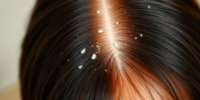
Lifestyle Changes to Prevent Dandruff
In addition to natural remedies, certain lifestyle changes can help prevent dandruff and keep your scalp healthy.
1. Manage Stress Levels
Stress is a common trigger for diarrhea. It can disrupt the natural balance of your scalp and worsen dandruff symptoms. To reduce stress, practice relaxation techniques such as yoga, meditation, or deep breathing exercises.
2. Choose the Right Hair Products
Harsh shampoos and conditioners can irritate your scalp, leading to dandruff. Choose gentle, sulfate-free products that are designed for sensitive scalps. Look for shampoos that contain natural ingredients like tea tree oil, aloe vera, or chamomile.
3. Maintain a Regular Hair-Washing Routine
Washing your hair regularly is important to keep your scalp clean and free from excess oil. However, overwashing can strip the scalp of its natural oils, leading to dryness. Aim to wash your hair 2-3 times a week using lukewarm water.
Foods That Promote a Flake-Free Scalp
A healthy diet plays a crucial role in maintaining a healthy scalp. Certain nutrients can help reduce dandruff and promote overall scalp health.
1. Zinc
Zinc is an essential mineral that helps regulate oil production on the scalp. It also has anti-inflammatory properties that can reduce dandruff symptoms.
2. Omega-3 Fatty Acids
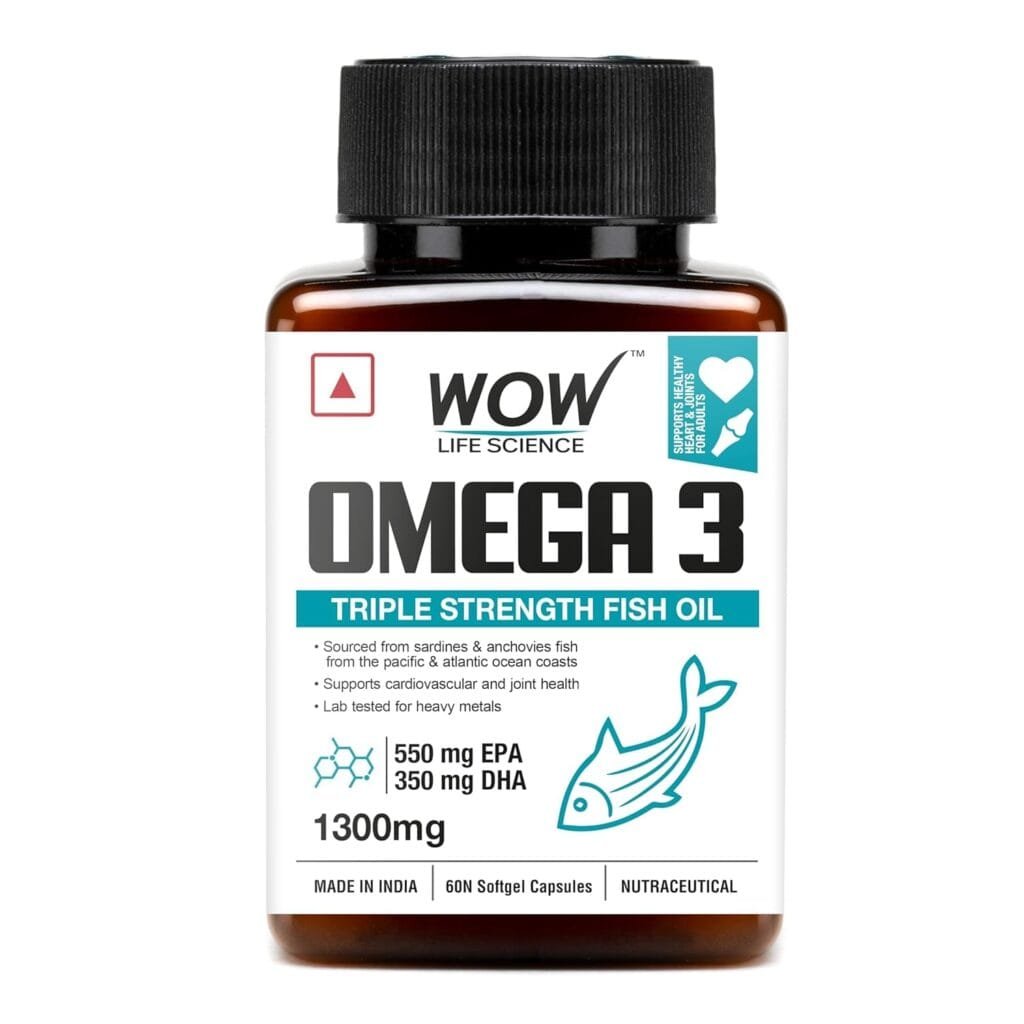
Omega-3 fatty acids are essential for healthy skin and hair. They help reduce inflammation and promote a hydrated scalp. Foods rich in omega-3s include salmon, walnuts, and flaxseeds.
3. Biotin
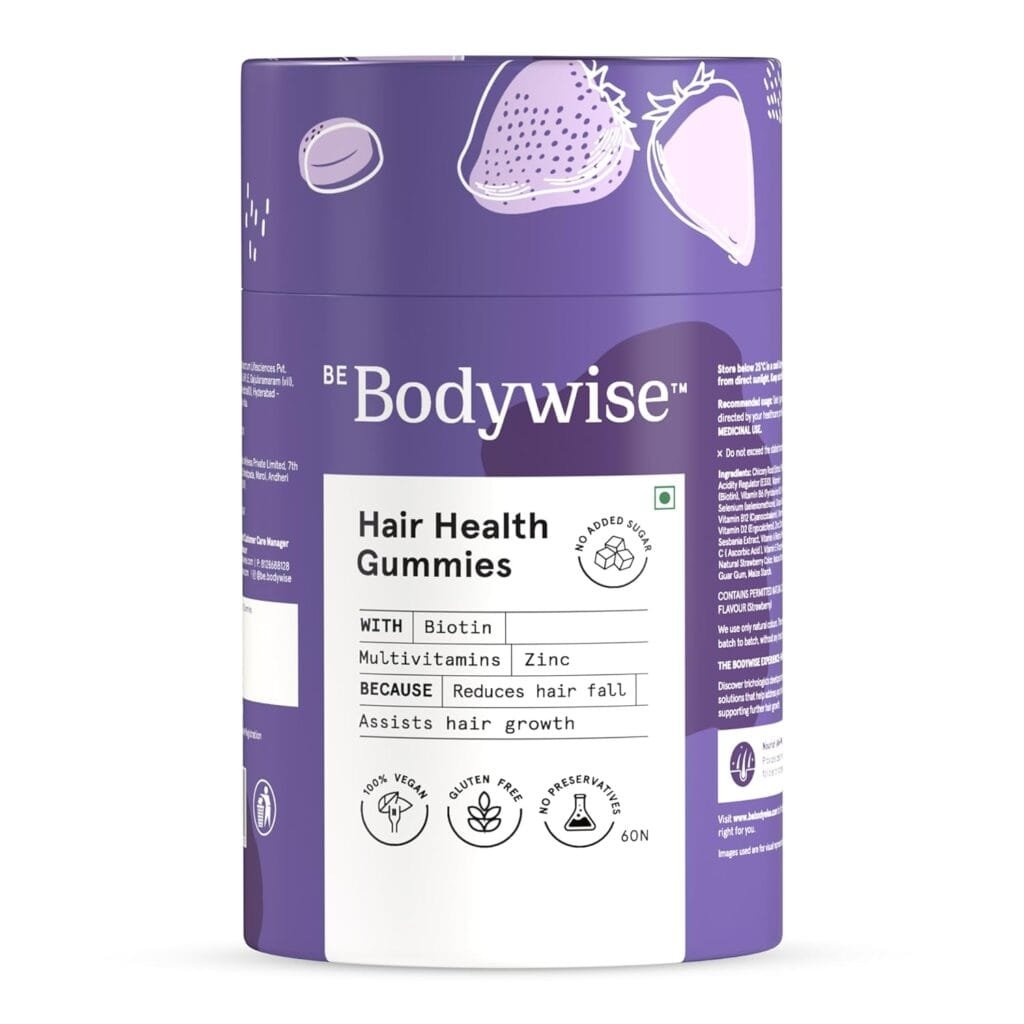
Biotin is a B-vitamin that supports healthy hair and scalp. It helps strengthen hair follicles and prevents dryness. Foods rich in biotin include eggs, nuts, and leafy greens.
When to Seek Professional Help

While natural remedies and lifestyle changes can help manage dandruff, there are times when you may need professional treatment. If your dandruff persists despite trying home remedies, or if it’s accompanied by severe itching, redness, or swelling, it’s important to consult a dermatologist. They can help identify any underlying conditions, such as psoriasis or seborrheic dermatitis, and recommend appropriate treatments.
Conclusion: Achieving a Healthy, Flake-Free Scalp
Reducing dandruff naturally is possible with the right combination of remedies, lifestyle changes, and a healthy diet. Whether you choose to use coconut oil, tea tree oil, or apple cider vinegar, consistency is key. Remember, dandruff can be managed, and with a little patience and care, you can enjoy a healthy, flake-free scalp.
By incorporating these natural solutions and making simple lifestyle adjustments, you can reduce dandruff and keep your scalp in top condition.
FAQs
1. Can dandruff be completely cured?
While it can’t always be cured permanently, it can be effectively managed with proper care.
2. How long does it take for natural remedies to work?
It varies, but most people see improvements within a few weeks of consistent use.
3. Are there any side effects of using natural remedies?
Most natural remedies are safe, but it’s best to do a patch test to avoid allergic reactions.
4. Can stress alone cause dandruff?
Stress doesn’t directly cause dandruff but can worsen existing symptoms.
5. Is dandruff more common in certain seasons?
Yes, it often worsens in winter due to dry air and less frequent hair washing.
Please don’t forget to leave a review comment.






